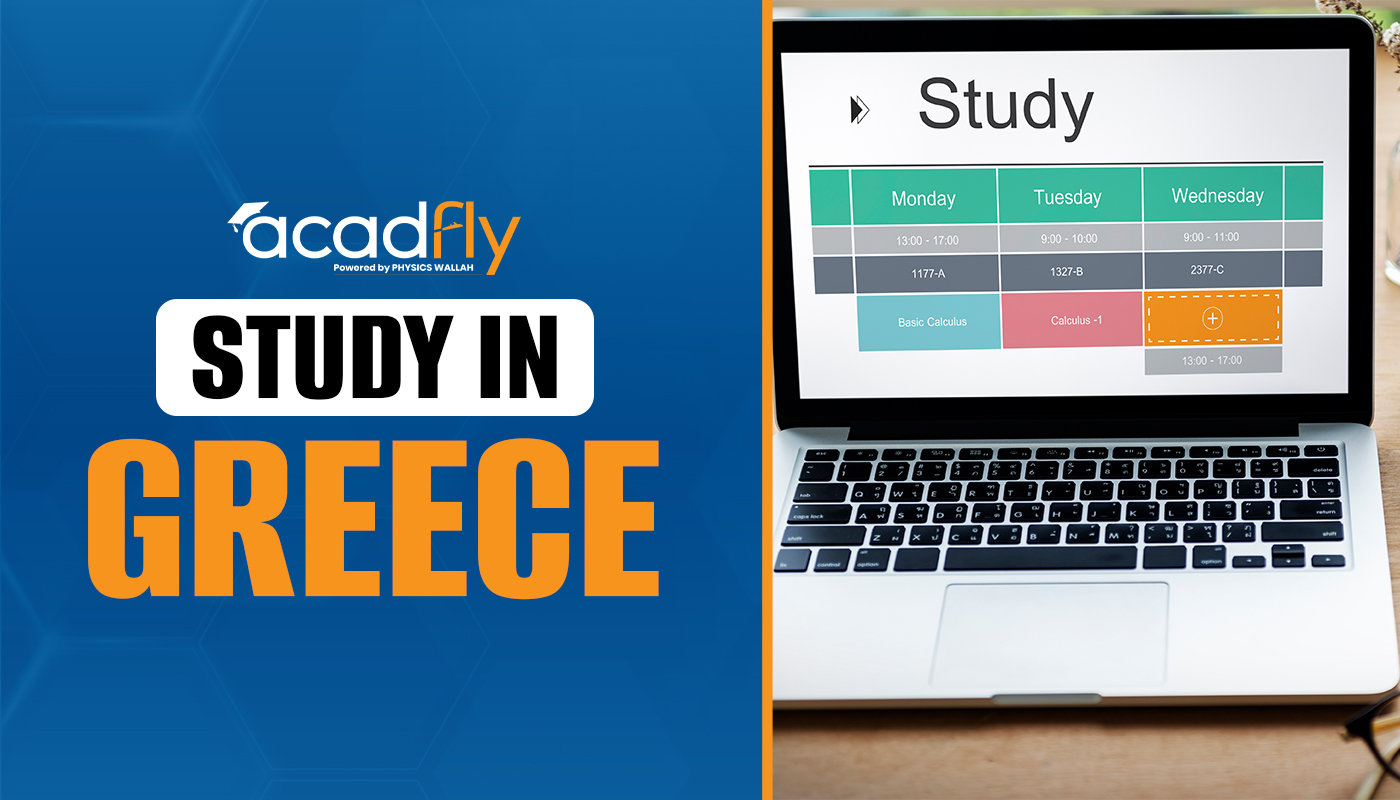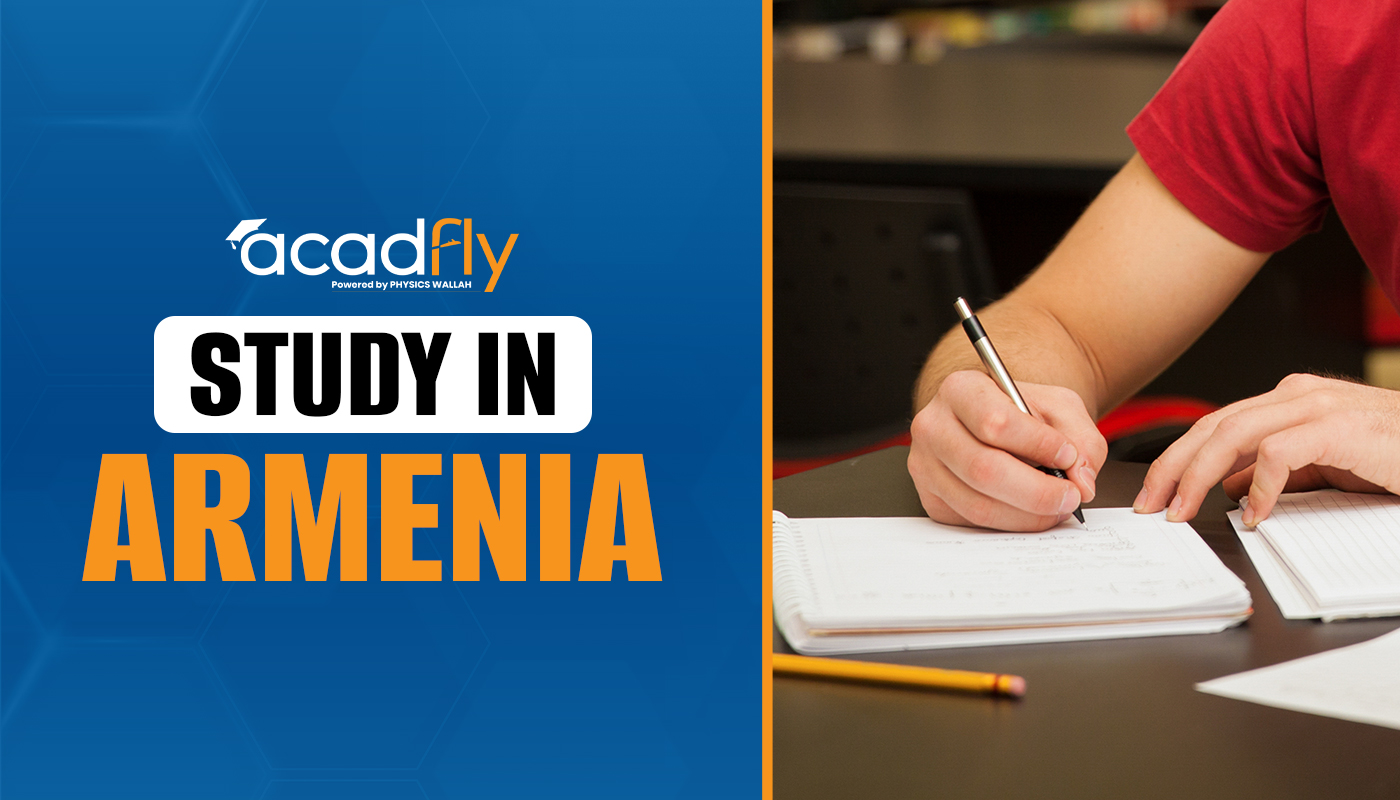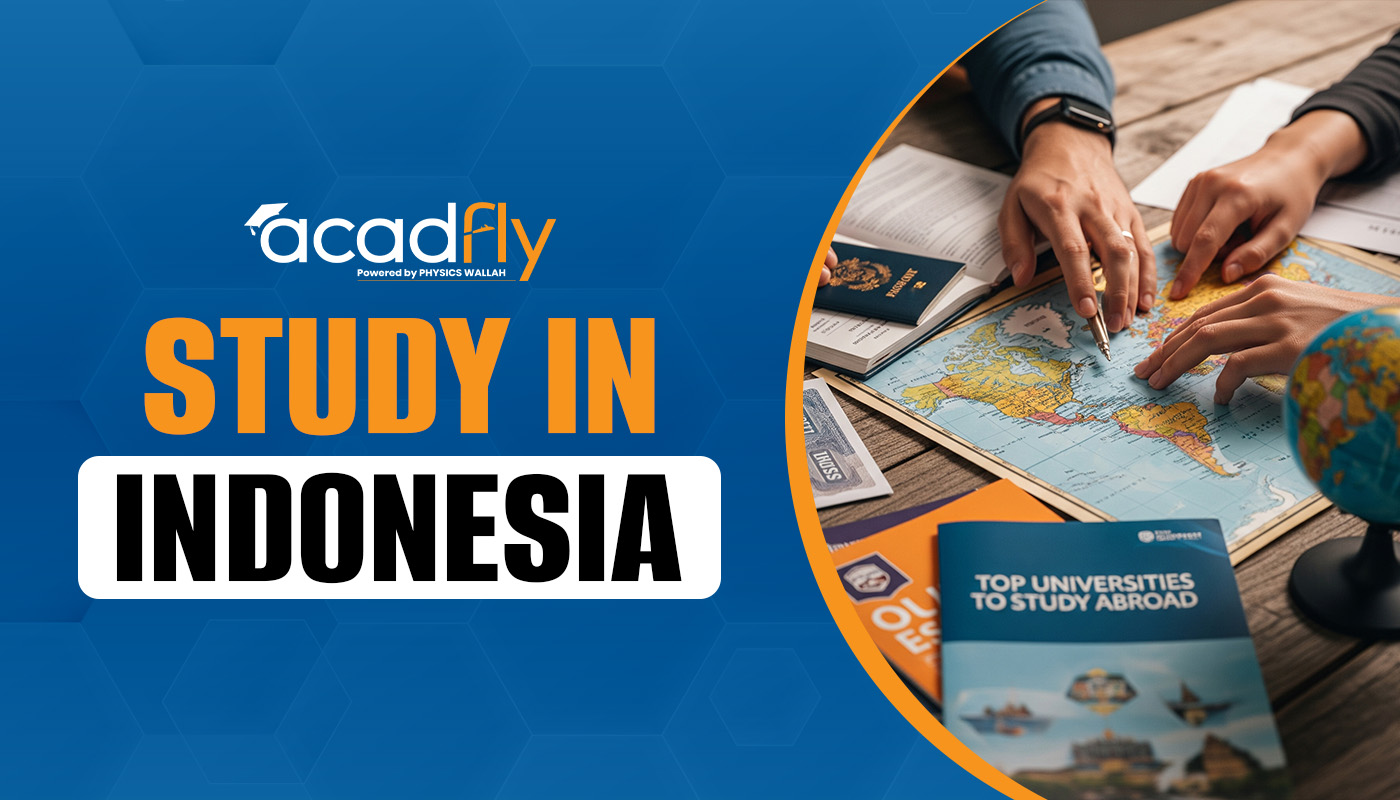


Germany, a land synonymous with engineering marvels, cutting-edge research, and a rich cultural heritage, has rapidly emerged as a premier destination for international students. Among the diverse global populace flocking to its esteemed universities, Indian students constitute one of the largest and fastest-growing communities. The allure is multifaceted: world-class education, remarkably low or non-existent tuition fees, robust career opportunities, and an enriching cross-cultural experience. For thousands of Indian aspirants dreaming of a global career and a degree of international repute, Germany presents an unparalleled pathway to success.
Germany has become a top destination for Indian students seeking quality education and global exposure. With renowned universities, affordable tuition fees, and ample post-study opportunities, Germany offers a perfect blend of academic excellence and cultural experience..This comprehensive guide delves into the myriad aspects of pursuing higher education in Germany, specifically tailored to the unique journey of Indian students, aiming to illuminate the path from aspiration to achievement.
Why Germany? The Unbeatable Allure for Indian Students
Germany is an increasingly popular choice for higher education due to its unparalleled academic standards, affordable costs, and thriving cultural environment. Indian students are particularly drawn to Germany’s world-class universities, diverse programs, and ample opportunities for post-study work and career growth. The decision to study abroad is monumental, and Germany unequivocally stands out for several compelling reasons:
Academic Excellence & Innovation
German universities, many with centuries of history, consistently rank among the world's best. They are renowned for their research-intensive approach, strong links with industry, and a pedagogical focus on critical thinking and practical application. Whether it's groundbreaking engineering, innovative IT solutions, or advanced scientific research, a German degree is a hallmark of quality and rigorous academic training.
Low or No Tuition Fees
This is perhaps the most significant draw for Indian students. Most public universities in Germany charge little to no tuition fees for even international students, regardless of their nationality. Students typically only pay a semester contribution fee, which covers administrative costs and public transport, making quality education incredibly affordable compared to destinations like the USA, UK, or Australia. (Note: A few states, like Baden-Württemberg, have recently introduced tuition fees for non-EU students, but these are still modest compared to other countries).
Diverse Programs & English-Taught Options
Germany offers an extensive array of courses across various disciplines, ranging from traditional sciences and humanities to highly specialized engineering fields and business administration. Crucially, hundreds of programs, particularly at the Master's and Ph.D. levels, are taught entirely in English, removing the initial language barrier for many Indian students.
Robust Economy & Career Opportunities
Germany boasts Europe's largest economy and is a global leader in engineering, automotive, chemical, and IT sectors. This translates into abundant internship and post-study job opportunities, especially for graduates in STEM fields. The "EU Blue Card" initiative and generous post-study work visa options make it easier for international graduates to transition into the German job market and build a long-term career.
Safe, Inclusive & Central European Hub
Germany is a safe, stable, and welcoming country with excellent infrastructure. Its central location in Europe offers easy access to other European countries, facilitating travel and cultural exploration. The diverse student body and multicultural cities ensure an inclusive environment where Indian students can feel at home while experiencing a new culture.
Choosing Your Path: Programs and Universities
Identifying the right program and university is the cornerstone of your German academic journey.
Types of Degrees: Indian students primarily target Bachelor's, Master's, and Ph.D. programs.
-
Bachelor's: Typically 3-4 years. Indian students who have completed 12th grade generally need to complete a one-year "Studienkolleg" (preparatory course) or have completed one year of university education in India before applying directly.
-
Master's: Typically 1-2 years. A four-year Bachelor's degree (like B.E./B.Tech) from India is generally accepted for direct Master's applications.
-
Ph.D.: Primarily research-based, often pursued after a Master's.
-
Popular Fields: While options are vast, certain fields are particularly popular among Indian students due to Germany's strength in these areas and subsequent job prospects.
|
Field of Study |
Popularity |
Why |
|
Engineering |
High |
Mechanical, Automotive, Electrical, Computer Science, Mechatronics. Germany's industrial prowess. |
|
Information Technology |
High |
Data Science, AI, Software Engineering. Growing tech sector, demand for skilled IT professionals. |
|
Business & Management |
Moderate-High |
MBA, International Business, Supply Chain Management. Focus on practical application |
|
Natural Sciences |
Moderate |
Physics, Chemistry, Biology, Environmental Sciences. Strong research infrastructure. |
|
Mathematics |
Moderate |
Applied Mathematics, Financial Mathematics. Foundational for many technical and financial roles. |
Finding the Right Fit: The German Academic Exchange Service (DAAD) website (www.daad.de) is an invaluable resource, offering a comprehensive database of all English and German-taught programs. Research university rankings, program curricula, faculty research interests, and location to find the best match for your academic and career goals.
The Application Process: A Step-by-Step Guide
The application process requires meticulous attention to detail and timely execution. Understanding the admission requirements is essential for Indian students planning to study in Germany. While specific criteria may vary between universities and programs, the following are the general requirements to secure admission in German institutions:
Eligibility Criteria
-
Academics: It depends on the program and university. For Bachelor's, a strong 12th-grade score and often a Studienkolleg. For a Master's, a relevant Bachelor's degree with a good GPA (typically 60-75% depending on the university/program).
-
Language: Proof of English proficiency (IELTS/TOEFL) for English-taught programs or German proficiency (TestDaF/Goethe-Zertifikat) for German-taught programs.
Required Documents: Gather all necessary paperwork well in advance
|
Document Type |
Description |
|
Academic Transcripts |
Mark sheets, degree certificates, and diploma from all previous educational institutions |
|
Language Proficiency |
IELTS (min 6.0-6.5 for Master's) / TOEFL (min 80-90) / TestDaF / Goethe-Zertifikat |
|
Curriculum Vitae (CV) |
Detailed resume highlighting academic background, work experience, projects, and skills |
|
Statement of Purpose (SOP) |
A compelling essay explaining your motivation, academic interests, and career goals |
|
Letters of Recommendation (LORs) |
2-3 letters, typically from professors who know your academic abilities |
|
Passport & Photographs |
Valid passport with at least 6 months validity from intended travel, biometric passport-sized photos |
|
Financial Proof |
Mandated Blocked Account (currently €11,208 for 2024), scholarship letter, or parental sponsorship proof |
|
Internship/Work Experience |
Certificates if applicable |
|
GRE/GMAT Scores |
Optional, but might be required for some business or highly competitive STEM programs. |
Application Portals
Many universities process applications through Uni-Assist, a centralized service that evaluates international applicants' qualifications. Some universities accept direct applications.
Deadlines: Germany has two main intakes
-
Winter Intake (October/November): Major intake. Application deadlines are typically early June to mid-July.
-
Summer Intake (April/May): Fewer programs offered. Application deadlines are generally mid-December to mid-January. It's crucial to apply well before the deadline, especially for popular programs.
Language Proficiency: English vs. German
While numerous English-taught programs exist, proficiency in German significantly enhances your overall experience and future prospects.
-
English-Taught Programs: Require IELTS or TOEFL scores. Focus on achieving the minimum score, but aim higher for competitive programs.
-
German-Taught Programs: Require certifications like TestDaF (TDN 4 in all sections) or Goethe-Zertifikat (C1/C2 level).
The Importance of German
Even if your program is in English, learning German is highly recommended. It opens doors to part-time jobs, makes daily life (shopping, banking, public transport) easier, and is often crucial for securing a full-time job after graduation. Many universities offer free or affordable German language courses for enrolled students.
Financing Your Education: Costs and Funding
Understanding the financial requirements is paramount.
- Tuition Fees: As mentioned, public universities generally have no tuition fees. In states where fees are introduced for non-EU students (e.g., Baden-Württemberg), they are usually around €1,500 per semester. Private universities have higher fees, ranging from €5,000 to €20,000 per year.
-
Living Costs: Germany is relatively affordable compared to other Western countries. The estimated monthly living cost is typically €900-€1000, covering:
-
Accommodation: €300-€500 (student dorms are cheapest, private apartments higher).
-
Food: €150-€200.
-
Health Insurance: Approx. €120 (mandatory for students).
-
Public Transport: Often covered by semester contribution or €30-€70.
-
Utilities, Books, Leisure: €100-€150.
-
Blocked Account: The German government mandates proof of sufficient funds to cover living expenses for the first year. This is done via a "Blocked Account," where you deposit a set amount (currently €11,208 for one year as of 2024), from which you can withdraw a limited amount each month (approx. €934).
Scholarships and Financial Aid for Indian Students
Germany offers a wide range of scholarships and financial aid opportunities for Indian students, making quality education more accessible. Scholarship Opportunities in Germany for Indian Students are provided by government organizations, universities, and private institutions, covering various expenses like tuition fees, living costs, and research funding. Below is a detailed table outlining some of the most prominent scholarships available for Indian students studying in Germany.
- DAAD Scholarships: The German Academic Exchange Service offers numerous scholarships for various study levels and fields. They are highly competitive.
- University-Specific Scholarships: Some universities offer small scholarships based on academic merit or need.
- External Scholarships: Other foundations and organizations also provide funding.
|
Scholarship Name |
Provider |
Eligibility Criteria |
Benefits |
|
DAAD Scholarships |
German Academic Exchange Service (DAAD) |
Open to all levels of study; academic excellence and a good research proposal are key. |
Covers tuition fees, living expenses, travel allowances, and health insurance. |
|
Deutschlandstipendium |
German Government |
Based on academic merit and social involvement; no nationality restrictions. |
€300 per month funded equally by the government and private sponsors. |
|
Heinrich Böll Foundation Scholarship |
Heinrich Böll Foundation |
For undergraduate, master's, and PhD students committed to social and environmental issues. |
Monthly stipend, tuition fee coverage, and personal development opportunities. |
|
Erasmus+ |
European Union |
For master's students enrolled in exchange programs between European universities. |
Covers travel and living costs during the exchange period. |
|
Konrad-Adenauer-Stiftung Scholarship |
Konrad Adenauer Foundation |
For master's and PhD students with excellent academic records and political/social engagement. |
€850 monthly stipend, plus research allowances and family support. |
|
Friedrich Ebert Stiftung Scholarship |
Friedrich Ebert Foundation |
For students with outstanding academic performance and financial need. |
Monthly allowance of €750 for bachelor’s and master’s students, plus travel and health insurance support. |
|
Humboldt Research Fellowship |
Alexander von Humboldt Foundation |
Open to postdoctoral researchers with excellent academic credentials. |
Monthly stipend, research expenses, and travel costs for up to two years. |
|
Rosa Luxemburg Foundation Scholarship |
Rosa Luxemburg Foundation |
For socially and politically active master's and PhD students. |
Monthly financial aid, language courses, and networking opportunities. |
Part-Time Work
International students are permitted to work 140 full days or 280 half days per year. This can help supplement living costs, but it's important not to rely solely on this income for your blocked account requirement.
Part-Time Work in Germany for international students, making it easier to manage living expenses while gaining valuable work experience. Here's a breakdown of the essential details:
|
Aspect |
Details |
|
Working Hours |
International students can work up to 20 hours per week during semesters and 40 hours per week during breaks. |
|
Types of Jobs |
Popular options include working in restaurants, retail stores, research assistant roles, and administrative support. |
|
Average Pay |
Students typically earn between €9 to €15 per hour, depending on the job and location. |
|
Job Portals |
Websites like Indeed.de, StudentJob.de, and university bulletin boards are great resources for finding jobs. |
|
Work Permits |
Students from non-EU countries require approval from local authorities for certain job types, ensuring compliance with regulations. |
Visa Application: The Final Hurdle
Once you have your admission letter, the next critical step is the student visa application.
Requirements:
-
Valid Passport
-
Admission Letter (Zulassungsbescheid) from a German university
-
Proof of Financial Resources (Blocked Account, scholarship letter)
-
Proof of Health Insurance
-
Academic Certificates and Transcripts
-
Language Proficiency Certificates
-
SOP, CV, and LORs (similar to university application documents)
-
Visa Application Form & Photos
-
Visa Interview: Be prepared to answer questions about your motivation, choice of university/program, and how you plan to cover your expenses.
-
Process: Apply at the German Embassy or Consulate General in India. Start the process well in advance, as processing times can vary (typically 4-12 weeks).
Life in Germany: Beyond Academics
Adjusting to a new country involves more than just academics.
-
Accommodation: Secure accommodation before arrival. Student dormitories (run by Studentenwerk) are the most affordable but have waiting lists. Shared apartments (WGs - Wohngemeinschaften) are popular. Private rentals can be more expensive.
-
Healthcare: Health insurance is mandatory. Public health insurance (e.g., TK, AOK) is common for students and covers most medical expenses.
-
Public Transport: German cities boast excellent, efficient public transport networks (trams, buses, U-Bahn, S-Bahn). Your semester contribution often includes a "Semesterticket" for free travel within a specific zone.
-
Culture Shock & Integration: Be prepared for cultural differences. Germans value punctuality, order, and direct communication. Participate in university events, join student clubs, and make an effort to integrate. Indian student associations (e.g., ISA) can provide a comforting community and support.
-
Cost Management: Learn to cook, shop at discounters (Lidl, Aldi), and utilize student discounts to manage your expenses effectively.
Post-Study Opportunities and Permanent Residency
Germany offers excellent prospects for international graduates.
-
Job Search Visa: After graduation, you can apply for an 18-month job search visa (Aufenthaltserlaubnis zur Arbeitsplatzsuche).
-
EU Blue Card: Highly skilled professionals can apply for an EU Blue Card, which simplifies the pathway to permanent residency.
-
Permanent Residency (Niederlassungserlaubnis): After working in Germany for a certain period (e.g., 21 months with an EU Blue Card and good German proficiency, or 48 months on a standard work permit), you can apply for permanent residency.
-
Demand for Skills: Germany consistently seeks qualified professionals in engineering, IT, healthcare, and skilled trades, making it a lucrative market for Indian graduates.
Studying in Germany is an investment that yields immense returns. It offers a unique blend of world-class education, a vibrant international environment, and a robust pathway to a successful global career, all at an incredibly affordable cost. For Indian students, it represents an unparalleled opportunity to gain academic excellence, cultural exposure, and professional growth in one of the world's leading economies. While the journey demands meticulous planning, perseverance, and adaptability, the rewards — a highly respected degree, fluency in a new language, international experience, and exciting career prospects — make it an endeavor truly worth pursuing. Embrace the challenge, immerse yourself in the experience, and unlock the boundless possibilities that await you in Deutschland.
FAQs on Studying in Germany
1. What are the main eligibility requirements for Indian students to study in Germany?
2. Do I need to learn German to study in Germany?
3. How much does it cost to study in Germany as an Indian student?
4. Can Indian students apply for scholarships in Germany?
5. Are there job opportunities for Indian students while studying in Germany?










